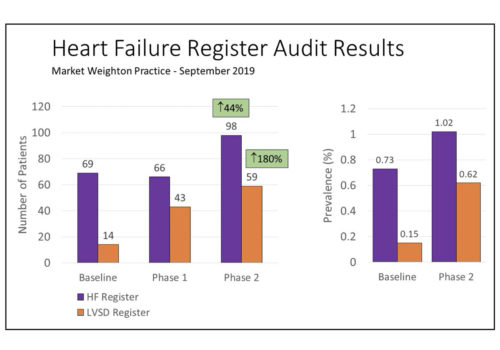A commonly heard clinical expression is “He/she is very frail”. It provides a summary statement of an older person that implies concerns over vulnerability and prognosis. This is how we have conventionally considered frailty—as a descriptive label: ‘the frail elderly’. In this article, we will re-frame frailty in a potentially more helpful way. We will examine frailty from the perspective of an abnormal health state that behaves just like a long-term condition. This conceptualisation of frailty opens up new approaches to helping people who are frail.























